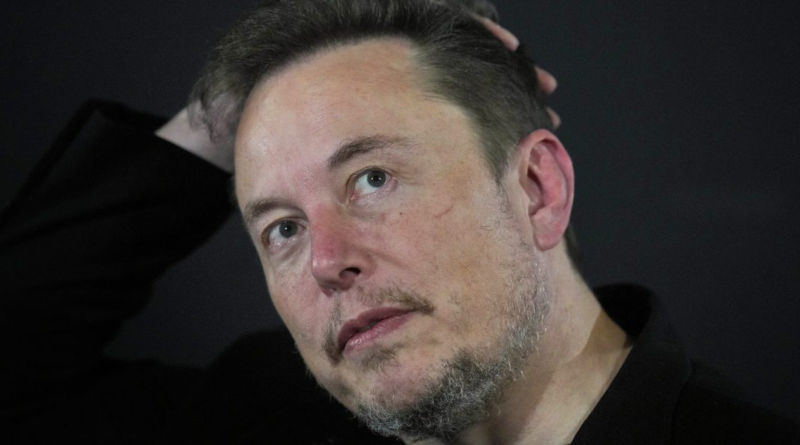Elon Musk says the first human to get a neural implant was 'recovering well' after a 'promising neuron spike detection'
According to Elon Musk, the first human received an implant from his computer-brain interface company Neuralink over the weekend.
In a Monday post on X, the platform formerly known as Twitter, Musk said that the patient received the implant the day prior and was “recovering well.” He added that “initial results show promising neuron spike detection.”
The billionaire, who co-founded Neuralink, did not provide additional details about the patient. When Neuralink announced in September that it would begin recruiting people, the company said it was searching for individuals with quadriplegia due to cervical spinal cord injury or amyotrophic lateral sclerosis, commonly known as ALS or Lou Gehrig’s Disease.
Neuralink is one of many groups working on linking the nervous system to computers, efforts aimed at helping treat brain disorders, overcoming brain injuries and other applications. There are more than 40 brain computer interface trials underway, according to clinicaltrials.gov.
Neuralink reposted Musk’s Monday post on X, but did not publish any additional statements acknowledging the human implant. The company did not immediately respond to The Associated Press’ requests for comment Tuesday.
Neuralink previously announced that the U.S. Food and Drug Administration had approved its “investigational device exemption,” which generally allows a sponsor to begin a clinical study “in patients who fit the inclusion criteria,” the FDA said Tuesday. The agency pointed out that it can’t confirm or disclose information about a particular study of this kind.
Neuralink’s device is about the size of a large coin and is designed to be implanted in the skull, with ultra-thin wires going directly into the brain. In its September announcement, Neuralink said the wires would be surgically placed in a region of the brain that controls movement intention. The initial goal of the so-called brain computer interface is to give people the ability to control a computer cursor or keyboard using their thoughts alone.
In a separate Monday post on X, Musk said that the first Neuralink product is called “Telepathy” — which, he said, will enable users to control their phones or computers “just by thinking.” He added that initial users would be those who have lost use of their limbs.
It’s unclear how well this device or similar interfaces will ultimately work, or how safe they might be. Clinical trials are designed to collect data on safety and effectiveness.
In response to Musk’s Monday announcement, King’s College London professor Anne Vanhoestenberghe noted Neuralink has now joined a “rather small group” of companies that have implanted their devices in humans. But measuring success and safety will take time — and disclosure of more information from Neuralink.
“We know Elon Musk is very adept at generating publicity for his company, so we may expect announcements as soon as they begin testing, although true success in my mind should be evaluated in the long term, by how stable the interface is over time, and how much it benefits the participant,” stated Vanhoestenberghe, who specializes in active implantable medical devices. She added there is “insufficient information” to gauge the procedure’s safety at this time.
___
Ungar reported from Columbia, Missouri.




